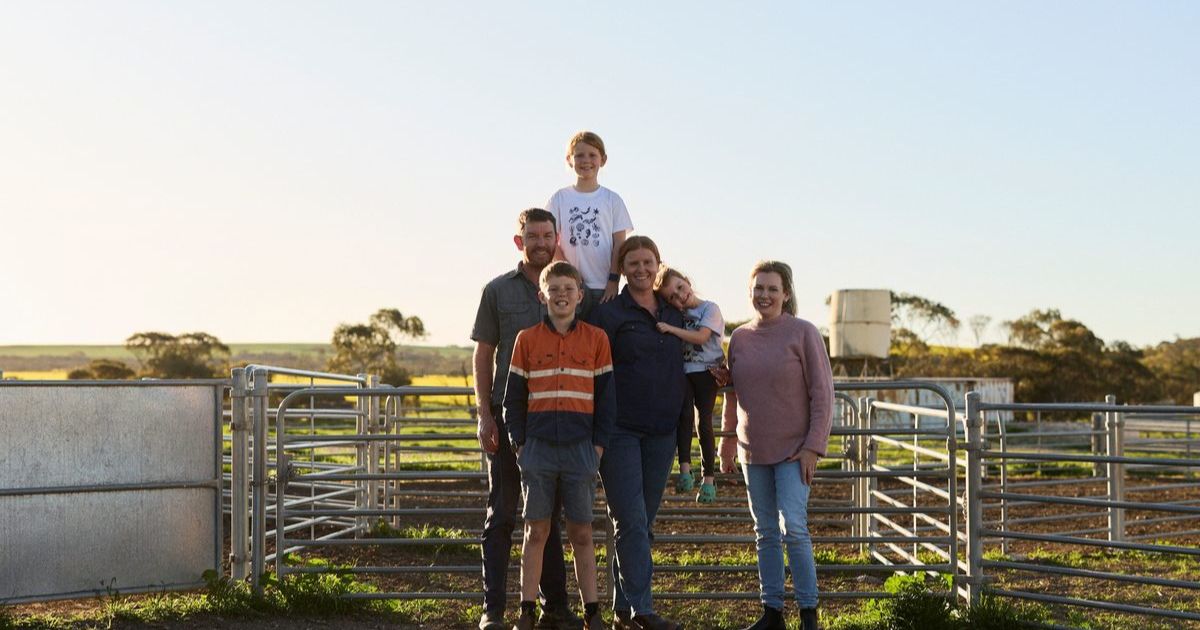Millions of Aussie workers score pay rise above inflation
Millions of workers on minimum wages and industry awards will get a 3.5 per cent annual pay rise after Fair Work decided they need a pay bump above inflation.
Millions of low-paid workers will receive a 3.5 per cent pay bump after the industrial umpire decided to give a real wage rise to award and minimum wage earners.
The decision, delivered on Tuesday, was in line with the federal government’s call for a “sustainable” pay increase above inflation, that would not see workers going backwards as prices grow.
Fair Work Commission president Adam Hatcher said the decision would help make up for a decline in living standards for employees in the past three years.
“The principal consideration which has guided our decision is the fact that, since July 2021, employees who are reliant upon modern award minimum wages or the national minimum wage have suffered a reduction in the real value of their wage rates,” he said.
In previous years, the commission was discouraged from awarding a pay increase that would see low-paid workers catch up with rising costs because of its concerns that it could cause inflation to become more entrenched.
The decision is roughly in the middle of the range of suggestions made by unions and business groups.
In its submission to the commission’s review, the Australian Council of Trade Unions called for a 4.5 per cent increase, arguing the industrial umpire must deliver a pay bump substantially higher than the inflation rate to address years of workers falling back in real terms.
But employer groups warned businesses were struggling to get by and a pay rise of that scale, on top of a legislated increase to mandatory superannuation contributions coming into effect, would force many to lay off staff or shut their doors.
The Council of Small Business Organisations Australia, which represents smaller employers like cafes and restaurants that are particularly sensitive to changes in award wages, argued for a rise of 2-2.5 per cent.
It said productivity growth was still low and could not support a substantially higher rise than that without contributing to inflation.
Prices rose by 2.4 per cent in the 12 months to March 2025, the Australian Bureau of Statistics reported.
But inflation is predicted to tick up again next year as government energy subsidies roll off, with the Reserve Bank forecasting price rises to accelerate to 3.1 per cent year-on-year by June 2026.
The decision will overwhelmingly affect workers in accommodation and food services, health care and social assistance, retail trade and administrative and support services, which account for over two thirds of award-reliant employees.
The decision follows an increase of 3.75 per cent handed out in 2024.
The new pay rates will kick in from July 1.



















